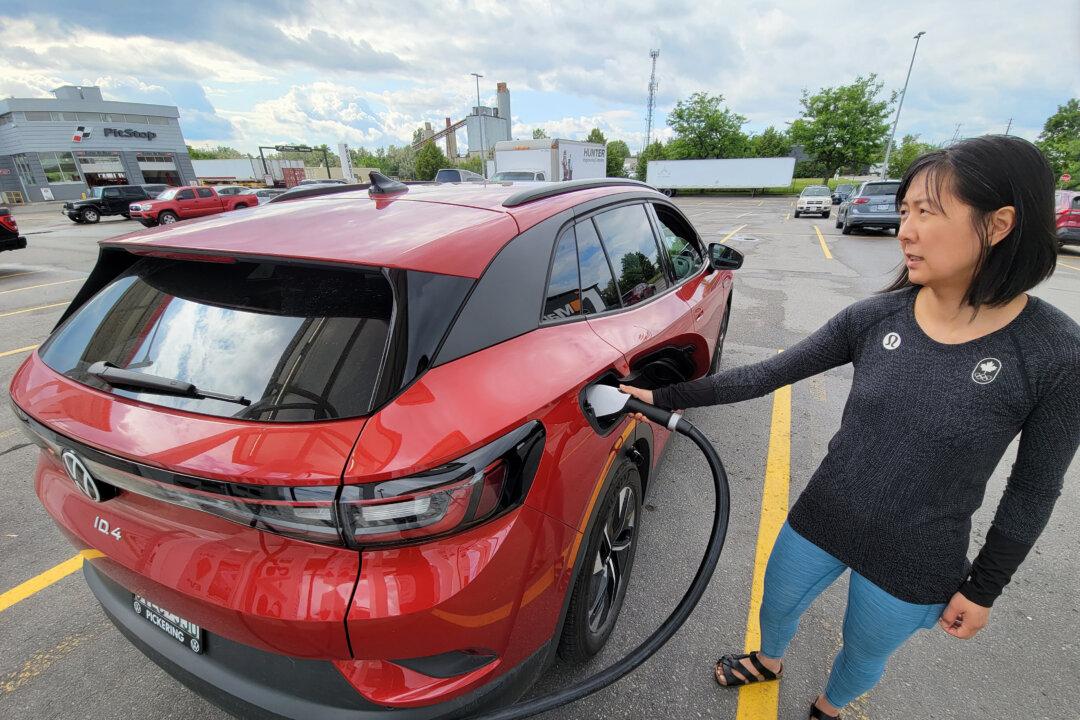Electric vehicle sales have dropped 44 percent since last year, even as the overall new vehicle market grows, according to Statistics Canada’s latest vehicle sales update.
In March 2024, 22,390 new zero-emission vehicles (ZEVs) were sold in Canada, including battery electric and plug-in hybrid models. This year, however, the sales for March dropped to 12,347 ZEVs, StatCan determined through its monthly new motor vehicle sales survey.





